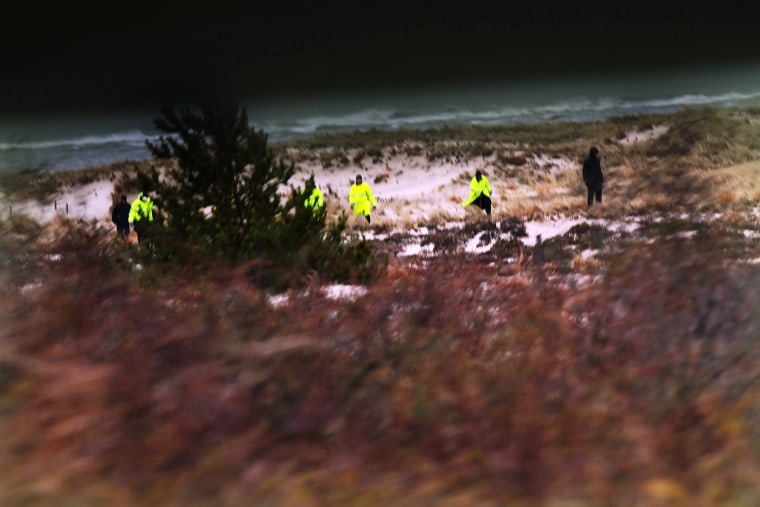While crime shows still show a lot of gumshoe detective work in the pursuit of the most depraved lawbreakers, they've also incorporated resident computer geniuses who often prove pivotal to solving cases. Real life isn't far behind, with police now regularly going online to find clues.
A recent New York Times story by Al Baker highlights several ways online research has helped the men and women in blue to bring criminals to justice, many of which will be familiar to fans of "Criminal Minds," "CSI" and "Law & Order: Special Victims Unit":
- Checking out Craigslist to find out it was the common denominator among homicide victims in Long Island reported to be the work of a serial killer who found the women via their online ads.
- Using that information to obtain court orders, subpoenas or declaration of emergencies to compel Internet Service Providers to turn over emails, or IP addresses, that may lead authorities to the killer.
- Cellphone numbers obtained through combing through the ads and emails could then lead police to cellphone companies' text and call records, as well as locations of those cellphones. (Tracking, in this case, could be very useful.)
It's often a hot trail for detectives to follow, full of potential, but also full of red herrings, which the Times piece also points out: fake emails, disposable cellphones and hacked Wi-Fi.
Cybersleuthing is not just for cops; we've written about plenty of amateurs who have tracked down their device thieves. But violent crime is another matter. In that jurisdiction, the police — not to mention federal agencies — have many more resources.
As for what information companies will willingly give up, the Times' Baker wrote this:
Craigslist may disclose information about its users if the law requires. It may give data to law enforcement "in the good faith belief that such disclosure is reasonably necessary," its privacy policy says. Susan McTavish of Craigslist would not say how many requests for information Craigslist annually gets from law enforcement.
While it's important police are able to access certain information to solve crimes, at what point does it clash with a person's right to privacy? Not to mention the paranoia that can induced from the constant surveillance from Big Brother. It's enough to make even the most reasonable person develop an inner conspiracy theorist. But if helps solve crimes, is it worth the price in civil liberties?
More stories:
- Police: Google Maps ties alleged killer to his wife's murder
- Rival links Craigslist to 12 deaths, 330 crimes in past year
- Woman finds her stolen GPS on Craigslist
- Facebook hacker posts stolen pics on porn site
Check out Technolog on Facebook, and on Twitter, follow Athima Chansanchai,who watches way too many crime procedurals.
